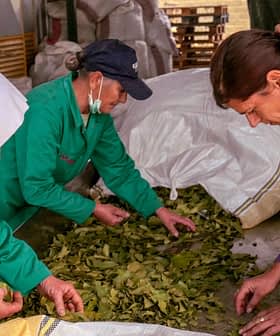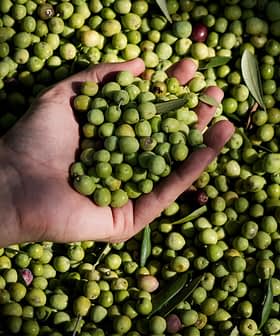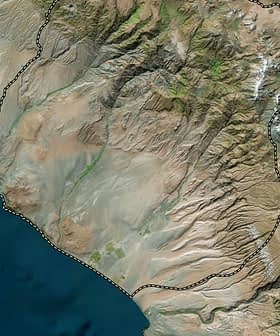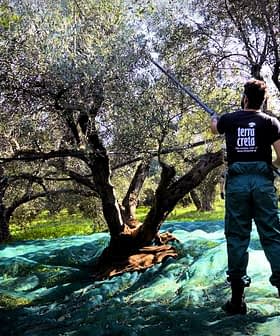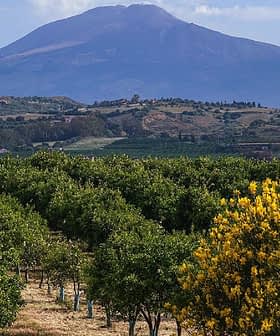Researchers Will Meet to Discuss Xylella and Climate Change in Madrid
Spain’s National Institute of Agricultural and Food Research (INIA) will host a forum in Madrid on December 12 to discuss the prevention of Xylella fastidiosa and its impact on the spread of the pathogen, with a focus on the effects of climate change. The forum will bring together researchers, olive oil professionals, and officials from Spain’s Ministry of Agriculture to share the latest scientific studies on Xylella and current efforts to contain and eradicate the deadly plant pathogen, which has been confirmed in various regions of Spain since its first detection in Mallorca in 2016.
Spain’s National Institute of Agricultural and Food Research (INIA) will host a forum on the prevention of Xylella fastidiosa, specifically focussing on the impact of climate change on the spread of the pathogen.
Researchers from various fields, olive oil professionals and officials from Spain’s Ministry of Agriculture, Fisheries and Food will gather on December 12 in Madrid to discuss the latest scientific studies on Xylella as well as current efforts to contain and eradicate the deadly plant pathogen.
“With the dissemination of the latest scientific results and the debate among the agents involved, INIA intends to facilitate scientific cooperation and dissemination of knowledge on this pathogen, hoping that it contributes to the search for solutions that minimize their impact on the affected areas and limit their dispersion and pathogenicity in our territory, considering the current climate change context,” INIA said in a statement.
Xylella fastidiosa was first detected in Spain in November 2016 on the island of Mallorca. Since then, cases of Xylella have been confirmed in the rest of the Balearic Islands as well as in the provinces of Alicante, Madrid and Almería.
While no olive trees have yet been infected (the majority of infected trees are almond trees) the pathogen is highly contagious and the aftermath can be financially devastating for farmers.





